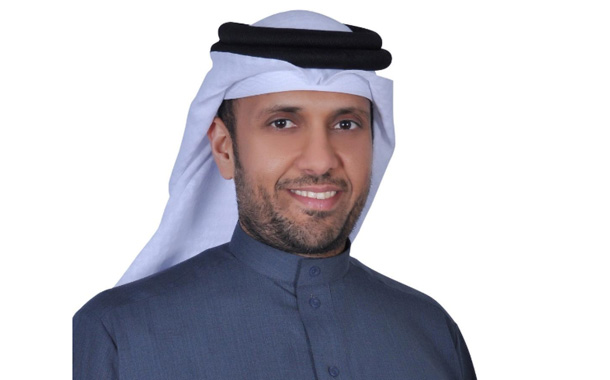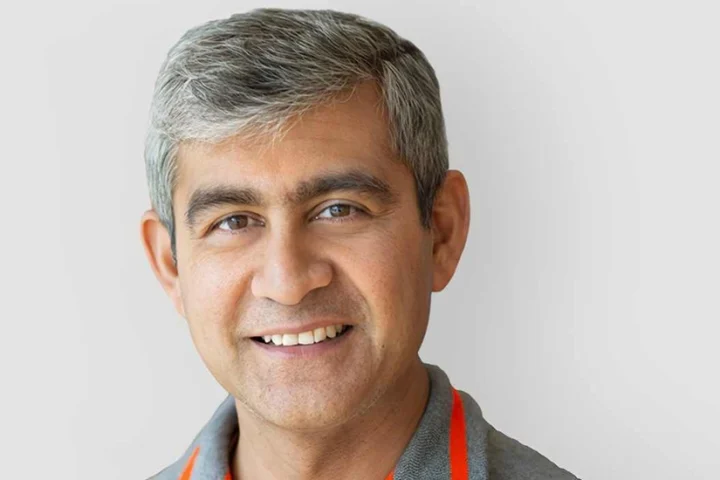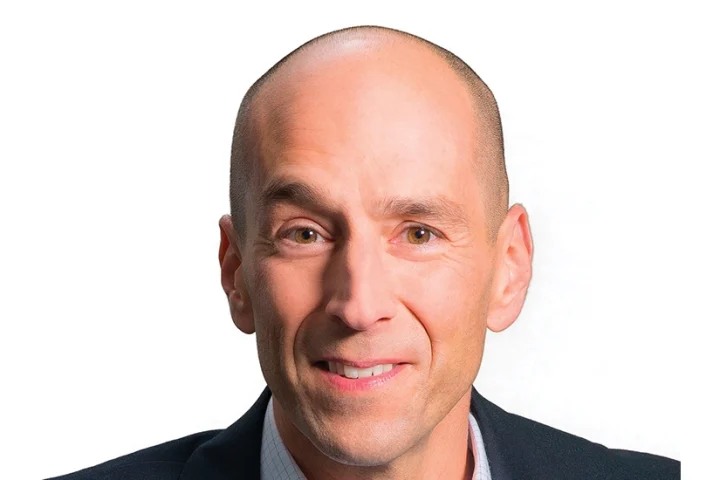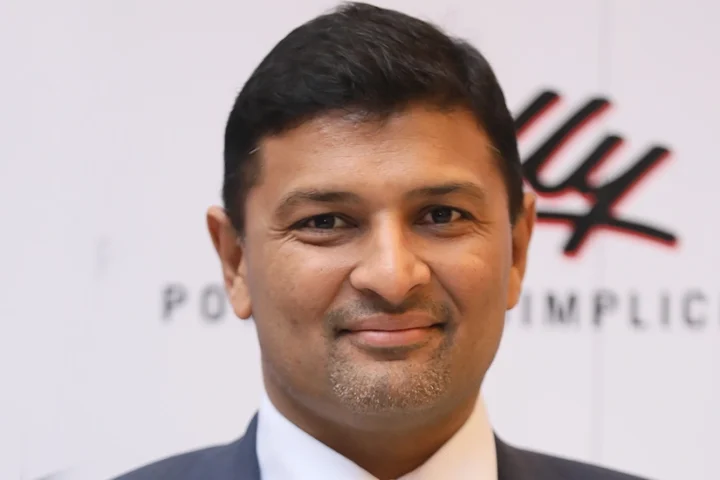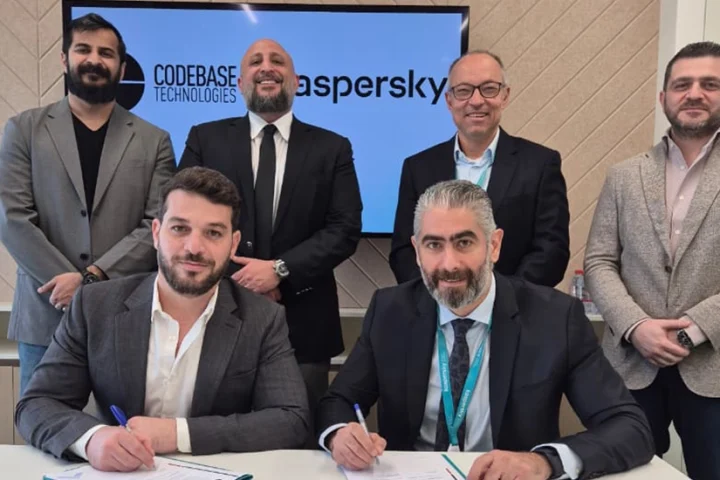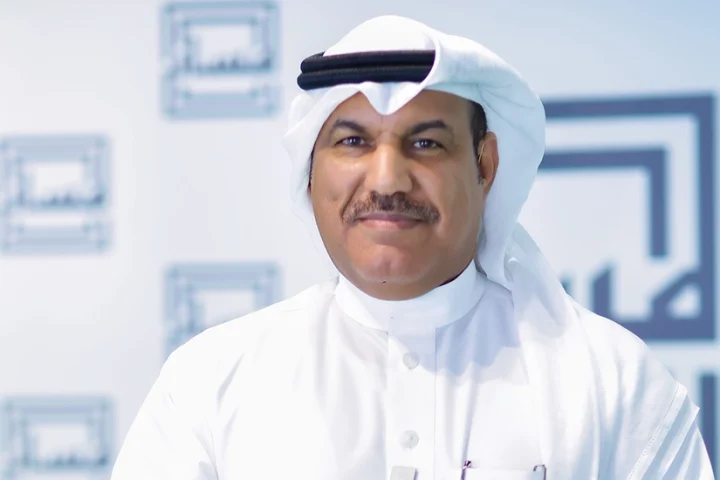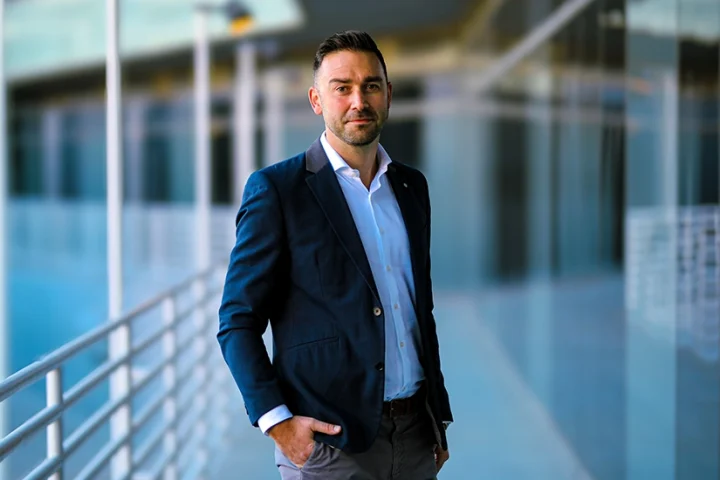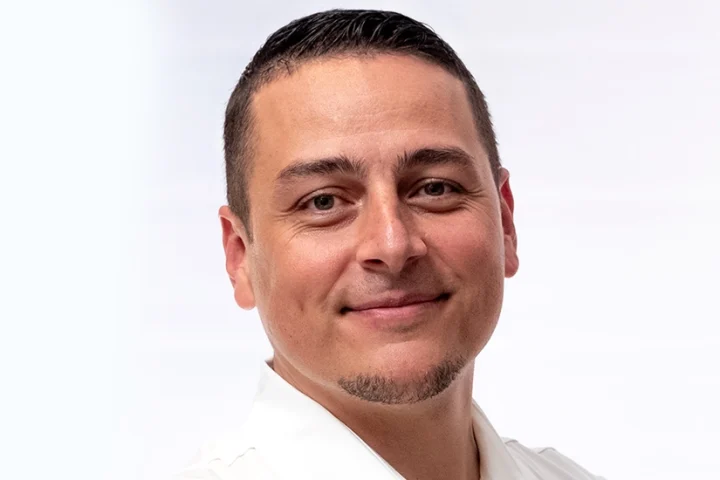How was the year 2018 for King Hamad University Hospital from a business point of view?
In 2018, King Hamad University Hospital has completed a 120 bed expansion to the Hospital forming the new Bahrain Oncology Center. The new Center is equipped with the latest cancer detection and treatment equipment. The Center is expected to serve the entire population of the Kingdom of Bahrain.
What are the digital trends reshaping the healthcare sector?
The health sector has been extremely receptive of the major breakthroughs in the digital world. The advances in big data has risen major advances in Genome sequencing, precision medicine and Health data analytics. Blockchain is widely being applied to address the protection of health data and patient confidentiality. Certified Medical IoT devices have become widely available and proven to have significant improvement in the care process. Other digital advances in the healthcare sector include Artificial Intelligence, Robotics and Virtual reality. Digitization in the healthcare sector is expected to grow exponentially in the coming years.
What are the new technologies that you have introduced? Tell us about your e-services.
The main advances we have done in the last year have been in mobility solutions and e-services. We have focused on patient experience by providing facility navigation option which we plan to link with location based messaging very soon. The new App is also capable of receiving notifications with regards to any changes to the appointment or the status of care. We have also utilized the same platform to manage our assets within the facility. The other e-service we introduced is the supplier portal aimed to streamline the communication between the Hospital and its suppliers including both financial and supply chain transactions. The new service deployed initially to the main suppliers has reduced the delays in supplying process as well as the payment clearance.
Are you looking into any new project implementations? If yes, what do you expect from the vendors?
For the coming year, the hospital is looking to align with the major healthcare reforms in the kingdom of Bahrain. Integration with the national health insurance system as well as the national health record will positively impact the healthcare service. The Hospital is also investing in a full pharmacy automation and drug management solution. The hospital will also invest in robotic surgery as well as expand the services of the new Oncology Center. Vendors can also play a major role in complementing these major projects by providing functional solutions in AI, Bots or IoT. We have already engaged with vendors on these areas that have exciting results.
What are the biggest challenges faced by a CIO?
The main challenge for CIOs is certainly getting the clear project buy-in from CEOs and CFOs. CIOs need to be able to create convincing project proposals with evident ROIs and the overall business impact. Many business do not reach the innovation stage because they refuse to invest in leading and breakthrough technologies due to the high failure risk. CIOs need to be able to have top management support and confidence to introduce innovation into the organization. CIOs need to be bold and identify sustainable solutions to adopt into the organizations. CIOs are constantly faced with technology evolution and the challenge of constant technology refreshment. CIOs need to be constantly aware of the expected financial impact on the organization and avoid any surprising surges keeping in mind the dynamic digital world.
As a CIO, what are your top 3 priorities for this year?
With so much advances happening in the healthcare sector, it’s very difficult to single out three priorities. However, we are looking at the cloud adoption strategy as well as the evaluating the on-premise data center. We are also reviewing our data retention policy and data backup solution. Finally, we continue to look at the data security by evaluating our data encryption and data protection requirements.


